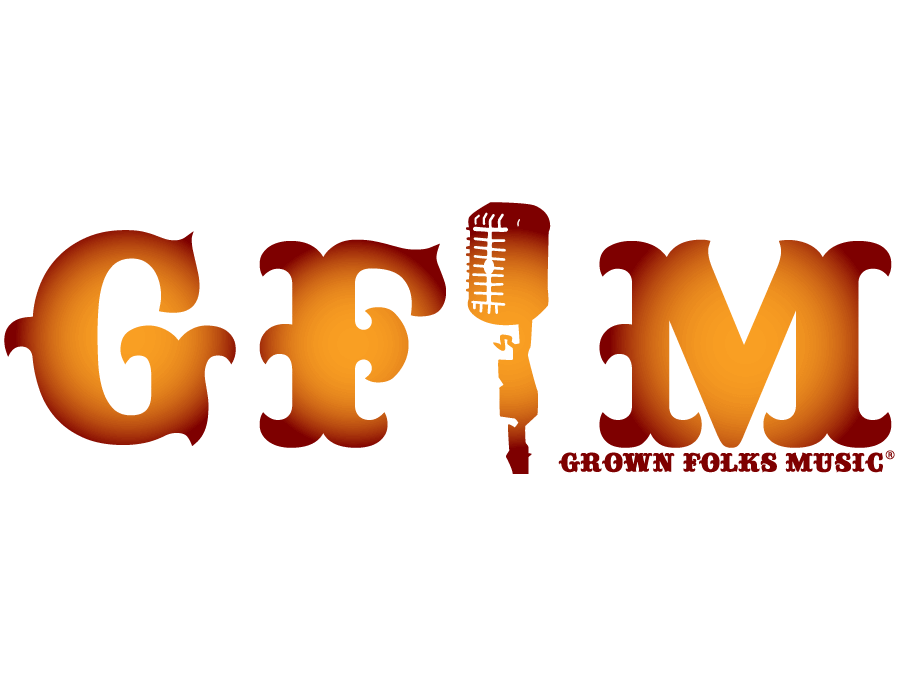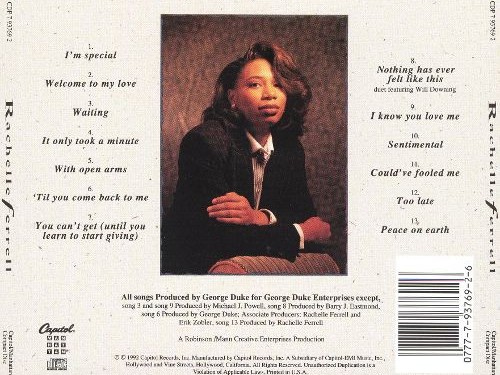RT @iorr03: @kirkfranklin Make music worth drinking(figuratively) paying for(literally) and the support will be there…BEST RESPONSE YET!
— Kirk Franklin (@kirkfranklin) March 31, 2015
I’m going to use a small little interaction I had yesterday as the impetus for Pt. 2 of our series here. To check out Pt. 1 go here.
Above is a tweet that I sent yesterday to Kirk Franklin based on a question he posed that was in response to a quote from Jay-Z on the re-launch of the Tidal streaming service that Mr. Carter and a few of his higher-profile musician friends are backing.
Here’s that quote: “There is no respect for music. They feel music is free but will pay $6 for water but can drink water free out of the tap”-Jay Z,Billboard
Go with me on a journey for just a moment… when I was 20 years old and in college I got a job working with elementary school age children in an afterschool program. I had zero experience working with children. What I did have working for me was two parents who were veteran teachers, and perhaps one of those parents helped set that opportunity in motion. Again, I had zero experience and the first few months it was apparent. I wanted to quit on more than one occasion. However…
I was lucky, I had a great boss/mentor who helped to mold me not through chastisement, but awareness. This awareness was that if you plan/program an activity and it doesn’t turn out successful our first inclination is to blame the audience(in this case the kids). What I was challenged to do 25 years ago is the same filter I run everything I do now through: If something isn’t working first look at all the planning and preparation that you’ve done before you place blame on the audience.
Music in the mainstream is not very good. All of it is not bad, but a lot of it is just not good. Now music is not now and never has been a meritocracy. So this is not a question of just giving credence to virtuosity. Pure technical skill can be boring, we have to account for emotion and the most important variable tied to emotion in my opinion is experience. Experience is the trigger for whatever emotion wells up in us.
Music is so powerful because it has the ability to bring to mind at a moment’s notice any experience which in turn will trigger the concomitant emotion. So what does all this high-minded talk have to do with streaming services and popular music? Well it’s quite simple: There’s this look to technology to fix an artistic problem. Technology is simply a tool that allows us to do jobs in an arguably more efficient manner. Art(music in this instance) deals with a combination of skills that rely heavily on the emotional side of our beings. I say that to say that while it might be great to be able to access music in an “always on” manner and this platform is of a higher resolution output, none of that matters if the underlying deliverable does not move the people.
Sometimes I chalk my indifference to a lot of popular music to age, but it’s not really that. There are songs that written specifically to appeal to my 12 year old daughter’s demographic and I find myself listening to them and drawn to them because they are well-crafted songs. But those are the exceptions more often than not. What we suffer from is a whole lot of programming (music) that the creators have not taken the time to consider whether or not will they work for the audience because the motivation is the perceived payment that is required by virtue of the fact that said artist and their team released a creation into the world. In my feeble mind that’s not how it works.
This may not be the best analogy, but that type of mindset is like me investing all of my energy and finances into building a house and then demanding that someone buy it because there have been people who have driven down the street and looked at it. I’m not saying music should be free, that’s ridiculous, but what I am saying is just because you and whomever your team is release something does not mean it automatically has a value. That value is determined by those audience members(kids in an afterschool program) who are really saying with their(attention not money) we love this, we want more!!!
The parenthetical statement that we’ve always paid attention as opposed to money I think has some firm standing because what exactly is it that we were buying all the years? I mean folks are so quick to point out that they “owned” the music that they were purchasing, not really. You were purchasing access and access is embedded in attention. Ownership connotes something very different than possession. I’ve possessed many things in life and if I’m honest I’ve owned only a few things.
So… where does this leave us in the admonition to #MakeMusic? I think(and it’s definitely happening in some circles) the audience has to become even more vocal and their displeasure with the mediocrity of the mainstream. Many of us have been held hostage to long by the notion that constructive criticism is “haterism”. Too long under the influence of nationally syndicated “radio” shows that are more interested in marketing gossip and selling the wares of their often suspect advertisers than any modicum of music. Then there’s our beloved internet which for every gem there’s easily thousands and thousands of duds that only serve to create more noise so that we can’t get to that good, good.
#MakeMusic yes but we have to be clear on a few things first that involve the actual makers of music. Let’s chat about that in PT. 3
Ivan Orr is a multi-instrumentalist, composer, performer, and writer. A native of Charlottesville, Virginia Ivan was involved with the forming and nascent days of The Music Resource Center as its first Program Director. A graduate of Virginia Commonwealth University’s Department of Music, Ivan currently resides in Richmond, VA where he maintains an active performance and production schedule while serving as the Music Editor for Grown Folks Music, a position he has held since 2010.
RELATED POSTS
April 18, 2017
#ICYMI – New Music Mondays
June 19, 2015
#PeaceOnEarth: An Editorial
September 25, 2015



